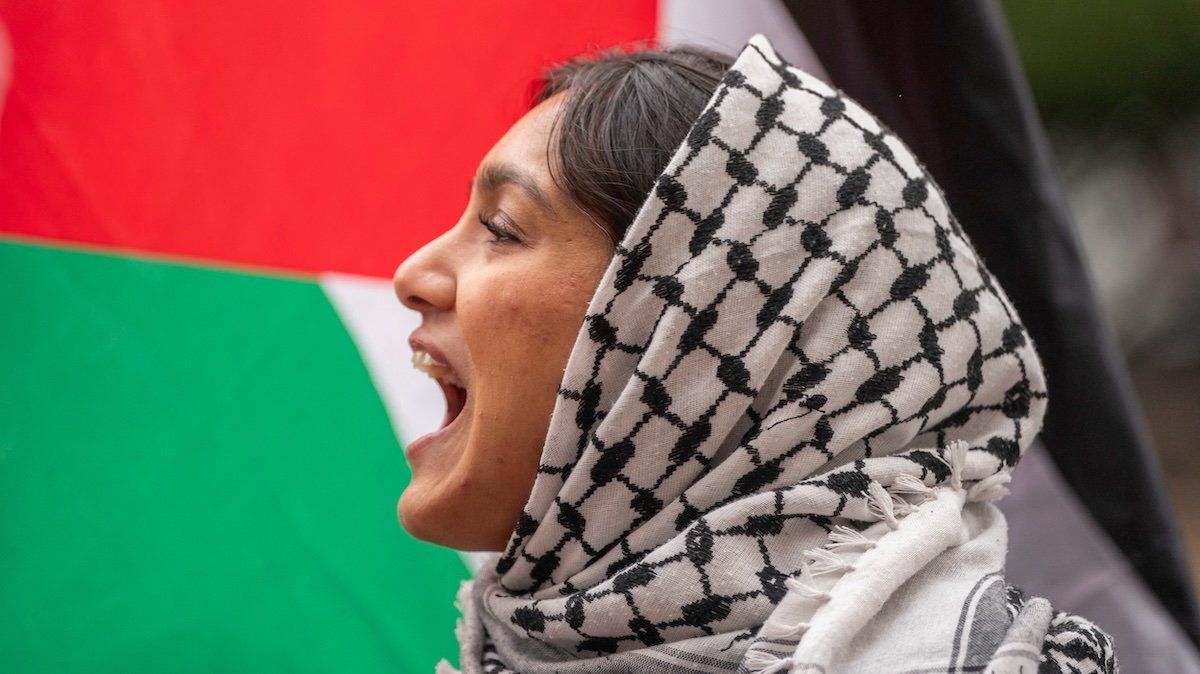The disruption at some of America’s most prestigious universities in recent days has been well-documented. Protesters have been arrested at New York University, Yale, and Columbia, where the administration has declared a hybrid (in-class and online) approach to the final week of classes.
Police have attempted to draw a line between free expression and maintaining safety on campuses. Jewish students claim that the intimidating chants and antisemitic incidents have crossed that line at times. Protesters at Columbia called for Hamas to blow away Tel Aviv and Israel, 19-year-old Nicholas Baumtold the Associated Press. “Jews are scared at Columbia. It’s as simple as that,” he said.
As usual, Canada has been a non-conductor of such radical currents.
Protests have occurred — there was a large anti-Israel rally on Parliament Hill in Ottawa last weekend at which chants of “Long live October 7th” were heard.
But it was not specifically a student protest and Canadian campuses have not seen the formation of encampments, such as the one that has taken over Columbia’s green.
McGill University in Montreal has witnessed a hunger strike by some students protesting the university’s investment in companies supporting the Israeli military. There was a brief sit-in at the main library.
But the tradition of radical student protest seems less ingrained in Canada.
Henry David Thoreau talked of disobedience being the true fountain of American liberty — sentiments that students took to heart during the civil rights and anti-Vietnam marches of the late 1960s and early 1970s.
Canadian student protests are preoccupied with less holistic concerns — in the ‘70s in Toronto, they were concerned about equal representation on the university senate; in Quebec in 2012, students reacted against increased tuition fees.
It is a circumstance that vindicates the observation that while Canada is a live country, unlike the US, it is not kicking.






